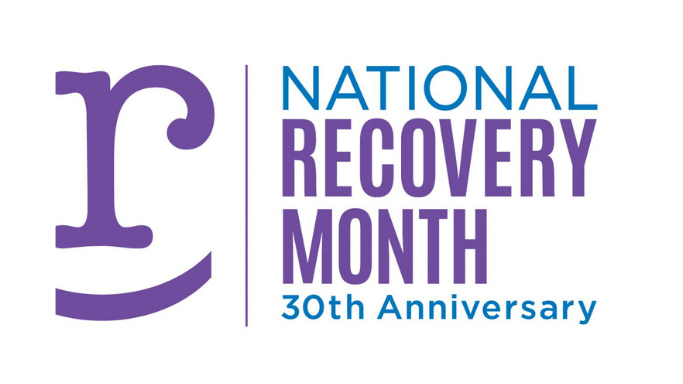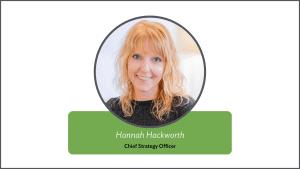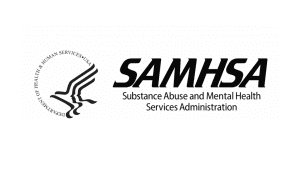Say This, Not That, About Recovery

Recovery Supportive Language
The word “stigma” is defined as “a mark of disgrace associated with a particular circumstance, quality, or person.” People with substance use disorder often deal with stigma due to misunderstandings of what causes substance use disorder; many people think it’s related to the morals or will-power of the person suffering, when in fact, it’s a developmental disorder of the brain. The way we talk about addiction matters because the words we choose can reinforce stigma and make people with substance use disorder feel alone and less likely to seek treatment. Here is a quick guide to using supportive terminology, and what words to avoid.
| Avoid | Try Instead |
| Addict (Considered dehumanizing) | Person with substance use disorder (puts the person first and the disorder second, rather than as their defining characteristic) |
| Clean (Implies that people who use substances are “dirty”) | Abstinent from use, or when referring to a drug test, negative or positive |
| Relapse/Lapse (Implies a moral failure and places blame on the person without acknowledging their disease as the cause | Resumed, or experienced a recurrence (of symptoms) |

Overall, the key to talking about addiction and other mental health conditions is to use person-first language. Person first language means “Structuring sentences to name the person first and the condition or disease from which they suffer, second.” Person-first language demonstrates that the disease is a secondary attribute and not defining of the individual’s identity. Destigmatizing substance use disorder helps people experiencing it to feel more comfortable seeking help. Changing our language is a simple way to help support people with substance use disorder, and those in recovery.
Posted In:
Like this post? Don't forget to share it!
MORE RECENT POSTS



